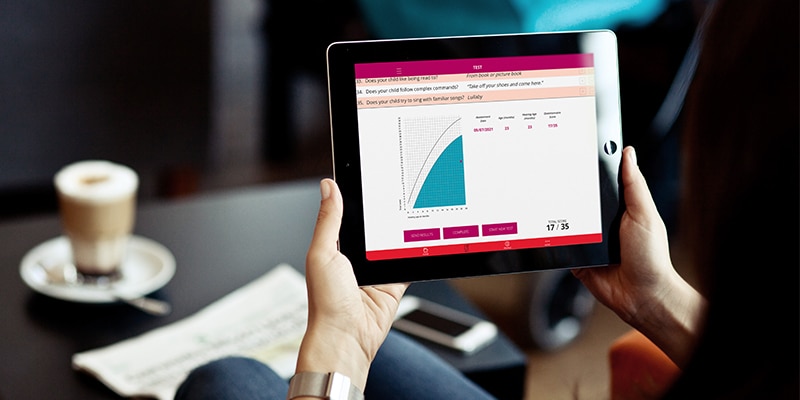


The tendency toward early diagnosis and intervention for children with hearing loss requires diagnostic tools to assess and monitor early development. When providing intervention to young children with hearing loss, professionals need to be aware not only of speech and language milestones but also to monitor auditory development. Auditory skills are the basis for spoken

It is vital that caregivers provide rich, abundant language models to their children from an early age, as this has a positive impact on a child’s communication, cognitive, social, and emotional development. Hence, family members of children with hearing implants pursuing spoken communication are encouraged to speak to their child in the language or languages

Newborn hearing screening and early intervention have improved the spoken language outcomes for children with severe-to-profound hearing loss. Children diagnosed early are presenting at school with significantly larger vocabularies than those diagnosed later, and those diagnosed early tend to have vocabularies almost as large as those of their hearing peers. Despite these improvements, phonological awareness

Is it important that a child stacks blocks? Does it matter if a child does not find an object hidden in front of them? A child is becoming defiant. Is that ok? At specific ages, the answer to these questions would be yes. Even though these skills or behaviors would not be considered auditory development, they

Nearly half of the global population speaks a tonal language, in which pitch changes can alter the meaning of words. In the last two decades, rapid advances in cochlear implant technology have improved speech perception among these users. Here's the recent research on tonal languages and cochlear implants, along with best practices to facilitate the development of tonal perception and speech production.